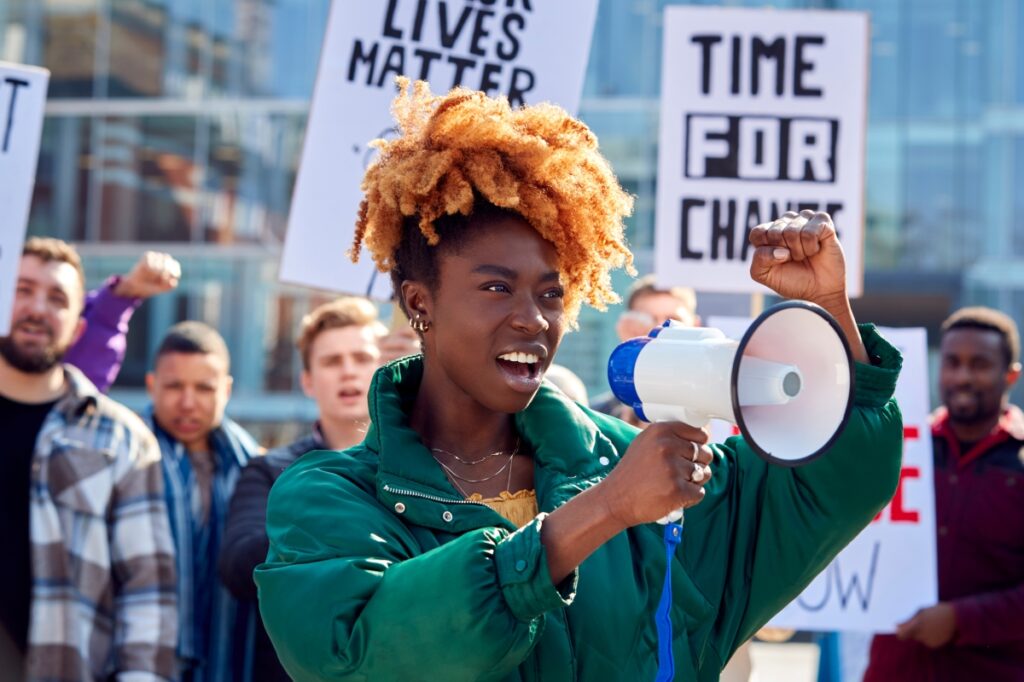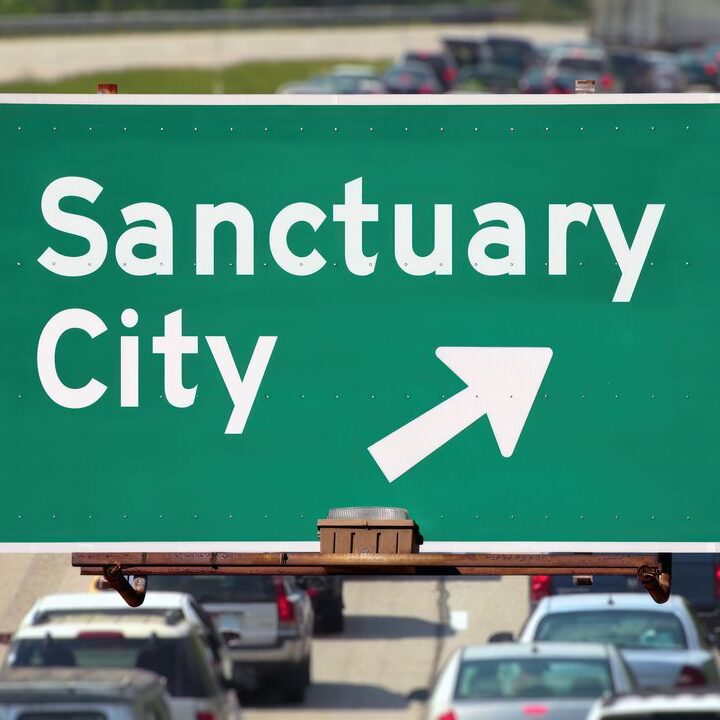August 19 2025
Protecting communities, defending local power:
A response to AG Bondi’s letter
Toplines
- Federal abuse of power: So-called “sanctuary jurisdictions” aren’t blocking federal enforcement — they’re simply refusing to do ICE’s job for them. The Trump administration is bullying local governments with threats of criminal prosecution and trying to strip away billions in federal funds that support health care, public safety, and emergency response.
- Public safety first: Public safety works best when law enforcement is trusted. When people fear calling the police, going to the doctor, or sending their kids to school could lead to deportation, everyone is less safe. Sanctuary policies and welcoming ordinances build trust and protect entire communities.
- Protecting taxpayer dollars: Cooperating with ICE is expensive and risky. Local governments are forced to shoulder costs for housing, transporting, and supervising people who have been detained — and they can face legal liability for unconstitutional detentions.
- We’ve been here before — and we’ve won: Courts have already rejected these tactics as unconstitutional. Policies limiting local cooperation with ICE are on strong legal ground, and communities have the power to fight back and prevail again.
Talking points
Public safety and community trust
- Evidence shows sanctuary counties have 35.5 fewer crimes per 10,000 people than non-sanctuary counties.
- In Boston, homicides and shootings dropped to historic lows after the city adopted policies limiting ICE entanglement in 2014.
- When police are viewed as ICE, people stop reporting crimes. At least 40% of Latinos surveyed say they are less likely to cooperate with law enforcement if they fear deportation.
Federal overreach & taxpayer dollars
- ICE already has a $170 billion budget. They don’t need to siphon off more local taxpayer resources.
- This administration is using taxpayer dollars as high-stakes leverage to pressure local governments to do its bidding on immigration. Communities rely on these essential funds, which are already approved by Congress, for health care, schools and nutrition, roads and transit, senior support, and emergency services.
- The administration is trying to weaponize federal funding for political ends. That’s extortion, not governance.
- And by forcing local governments to hold people for ICE, the federal government is putting them at risk of costly lawsuits for violating people’s constitutional rights.
The law is clear
- Courts have already ruled that blanket funding threats are illegal. Washington can’t force local governments to do the federal government’s job or take away funds Congress has already approved for our communities.
- These local governments aren’t blocking federal enforcement — they are standing up for their residents’ safety, protecting constitutional limits, and defending the rule of law.
Why this matters for families and communities
- Immigrants are neighbors, parents, business owners, and taxpayers who strengthen our communities. They aren’t political pawns.
- Fear-driven policies tear apart families, disrupt schools, make it harder for police to do their jobs, and weaken community health systems.
- The public has rejected the administration’s extreme approach — most Americans favor humane, common-sense immigration policies over fear and coercion.
- The real effect of these federal threats is to silence victims, erode trust, and make us all less safe.
Bottom Line
Local leaders must be free to govern based on facts, not politics.
These policies are legal, effective, and rooted in protecting communities. No amount of fearmongering can change that.
At the end of the day, this is about people — our neighbors, coworkers, and family members. The real choice is what kind of communities we want to live in: cities defined by division, or ones grounded in inclusion and mutual care.
Local leaders have won this fight before — and they will again.







